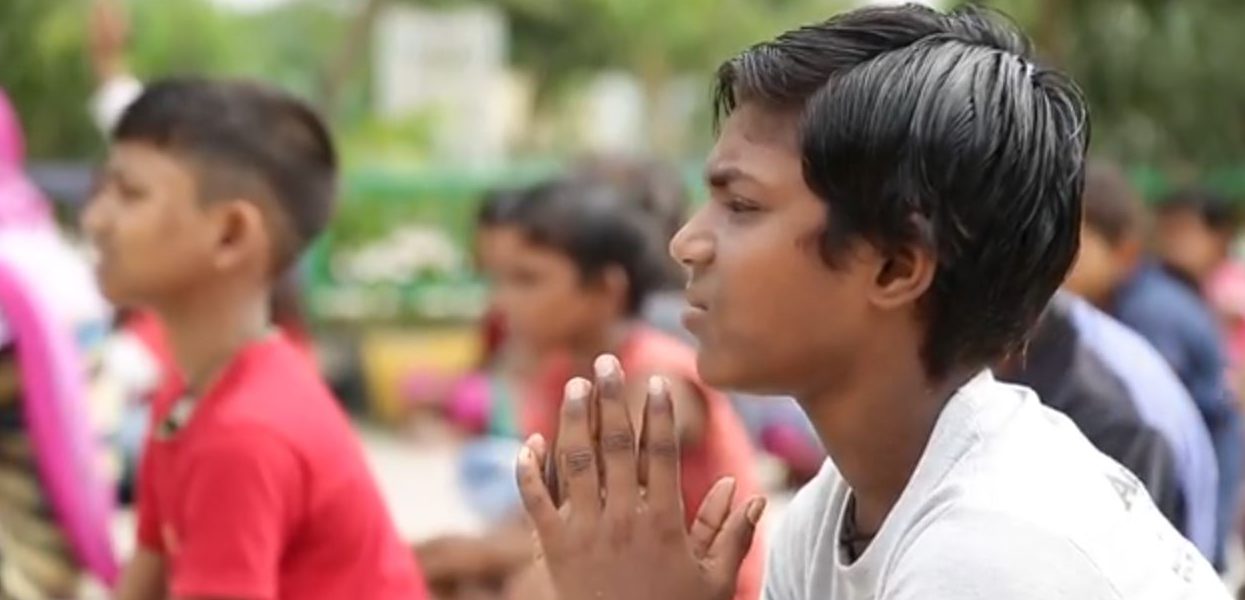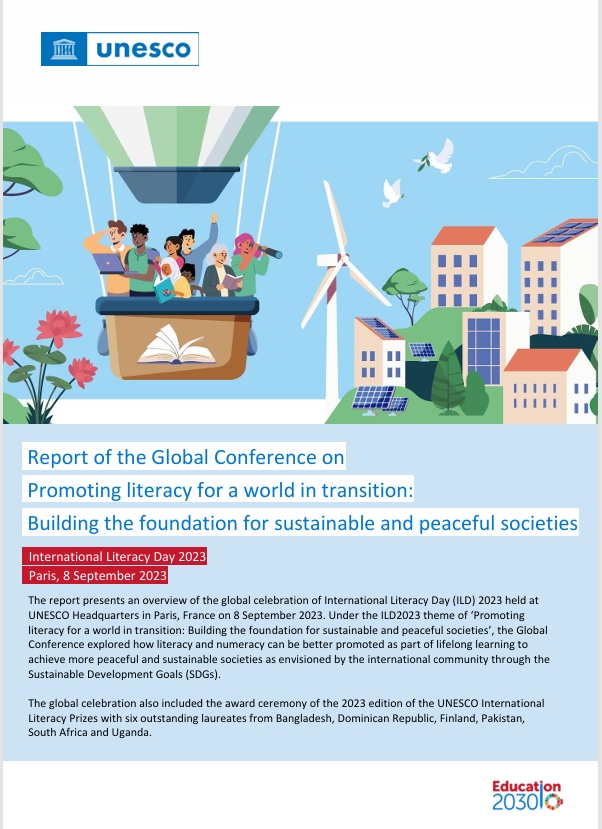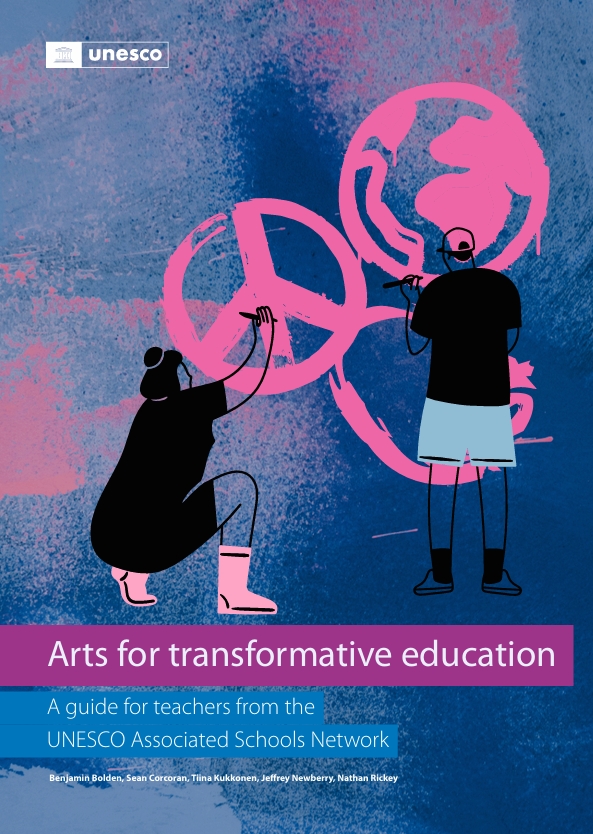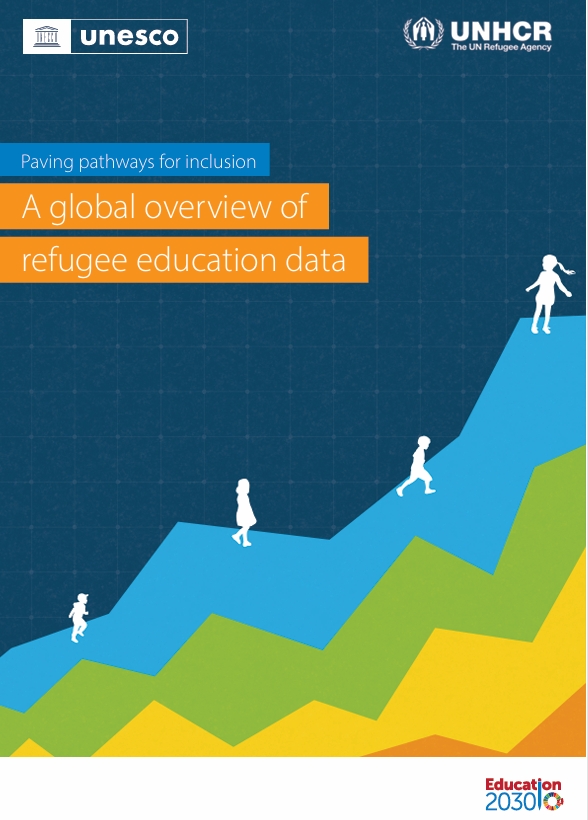Story Source: NGOBOX ~ Go to Original Article
The ‘Out of School Children’ project focuses on mainstreaming of out-of-school children through the Kadam – Step-Up Program, which is designed to provide a holistic framework for Out of School Children (OOSC) by gradually building their competencies and social skills in a structural manner, to enrol them in formal schools.
This comprehensive 11-month program grants children the freedom to master the content at their own pace, both theoretically and practically. In the second year of the program, 700 children will be mobilised to enrol in schools available in the coverage area through age appropriate bridge course. It also aims to impart financial literacy to these children and leverage resources from Government to enhance sustainability……………






